

Music translations
|
|||||||||||||
Music
translations are a particular type of specialized translations,
therefore, they require a specialist knowledge. As
explained in the page on translations,
translating is not at all about replacing the words in a language with
the
same
words in
another language.
Then you need to know the names of instruments, chords, musical forms, situations, otherwise it is easy to translate badly and alter the meaning or make the text incomprehensible. Mistakes in music
translations
I'll give you here a few examples of
words with a specific meaning in Italian, which can be easily
translated incorrectly. On
another page I gave an example of a mistake in a music translation, about
a Concerto by Paganini. |
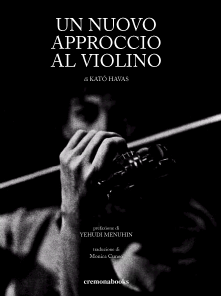 |
A
new approach to violin by Kató Havas |
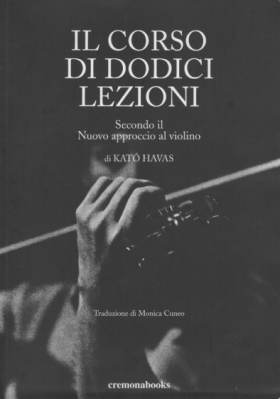 |
The twelve lesson course by Kató Havas |
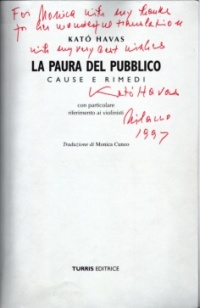 |
Stage fright by Kató Havas The frontispiece of the Italian version translated by me, with a dedication by Kató Havas |
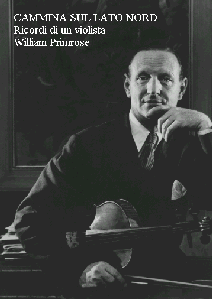 |
Walk on the North Side by William Primrose The autobiography of the great viola player |
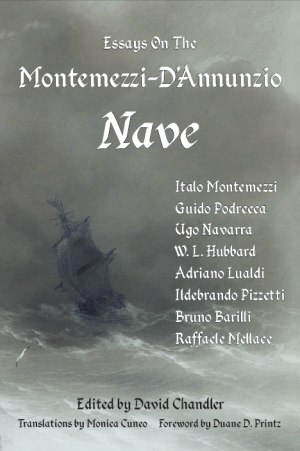 |
Essays on the Montemezzi -
D'Annunzio Nave A collection of essays on the opera La Nave by Italo Montemezzi, edited by Prof. David Chandler |
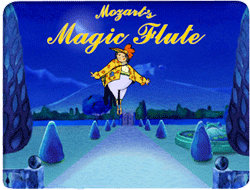 |
Computer music game on The Magic Flute by Mozart |
... in preparation, Italo Montemezzi's biography
There are other texts on music that I have translated, started to translate or that I would like to translate.
One of these is the book Performing music in the age of recording. I found it very interesting because it looks at how the advent of the recordings, the pursuit of "perfection" in the recordings has changed performers' and listeners' attitude to classical music in particular. It analyzes how the recordings have influenced, positively and negatively, the way performers and the audience, act when they attend a live performance. This text is very detailed but at the same time enjoyable to read.
If there is a publisher who wishes to publish it in Italian, I would be happy to cooperate!
Testimonial about my music translations
"There are many different ideas about what
makes a good translation, and different kinds of translation job
doubtless call for different kinds of expertise. Often it is said that
a translator should always translate into his or her native language. I
disagree. As a scholar, what I want to be sure of is that the
translator has understood every nuance of the original text as
accurately as possible. That means I prefer to employ a native user of
the language the text is written in, and preferably someone with an
expert understanding of the subject being discussed. I have been very
happy with Monica Cuneo's translations of various Italian texts
concerned with opera. She has translated them with great fidelity,
explained the 'untranslatable' where appropriate, and her expert
knowledge of music has allowed her to confidently understand a lot of
specialised terminology. Furthermore, she does not consider translation
to be a one-step process, and has happily answered questions and
responded to suggestions concerning her translations, the first
versions of which we have treated as 'work in progress'. For anyone who
wants this sort of active relationship with a translator, I recommend
her very highly indeed."
Prof.
David Chandler
Associate Professor in English Literature, Doshisha University, Kyoto
Associate Professor in English Literature, Doshisha University, Kyoto
for whom I translated La Nave
Go from Music
translations to Translations
If you need music translations, send me a message